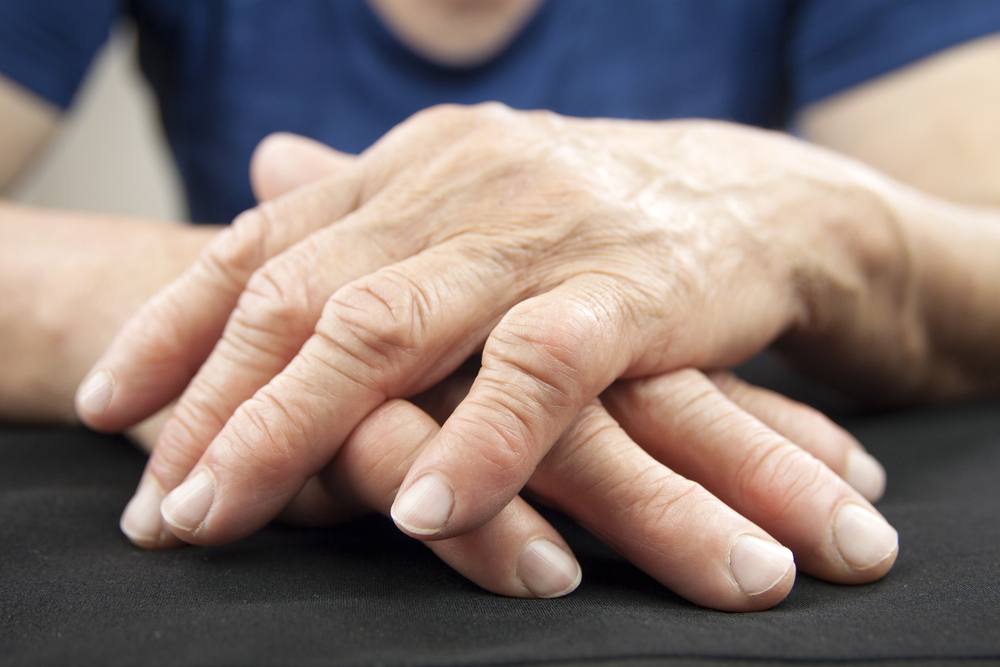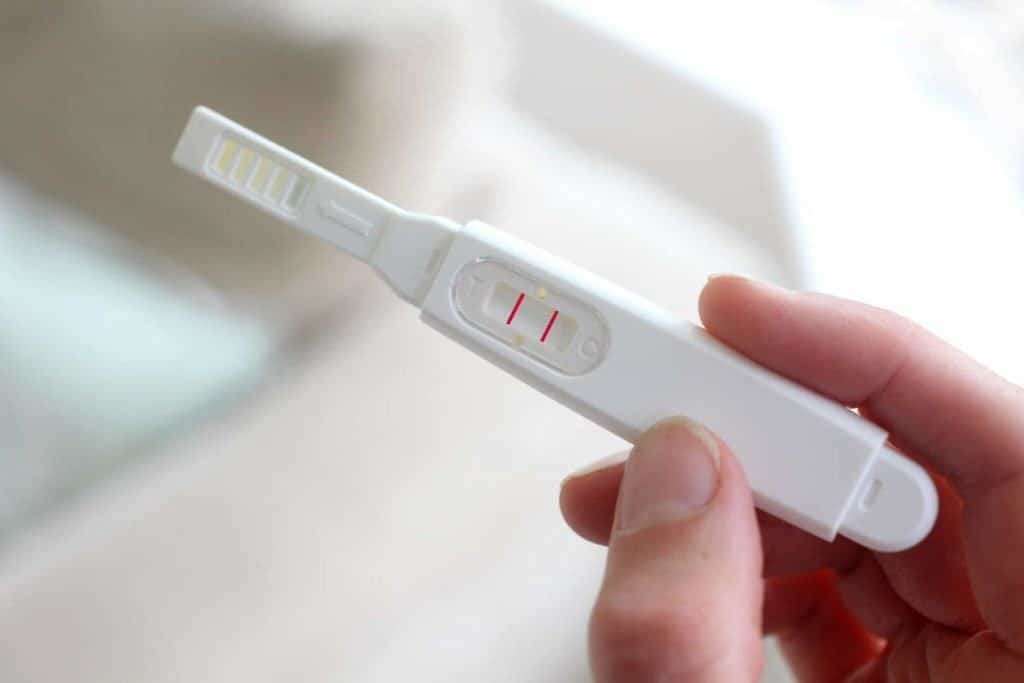Contents:
- Medical Video: How stress affects your brain - Madhumita Murgia
- Apparently, stress is contagious from other people. How come?
- Don't want to get stressed out? Here are tips that can be done
- 1. Avoid negative effects
- 2. Find a more calm atmosphere
- 3. Take a deep breath
- 4. Share your heart with the closest person
- 5. Write on paper
Medical Video: How stress affects your brain - Madhumita Murgia
Stress can come at any time even without you realizing it, maybe triggered because of problems with family, spouse, work, finance, or because of being stuck in traffic on the road. Small things that are actually trivial can easily stress you out. Uniquely, it turns out that the stress you experience can be caused by the influence of others. Yes, he said stress is contagious, but is it true? This is the explanation according to experts.
Apparently, stress is contagious from other people. How come?
Most people think that stress arises from within themselves due to the body's response to the problem at hand. Of course, everyone will have different responses. It all depends on how you look at a problem that can trigger stress and your way of dealing with it.
Maybe you have met or experienced it yourself, when someone feels panic and anxiety, then you will ask him not to panic because it can affect your mind.
That is why, without you realizing the actual stress that you have experienced so far may not be caused by yourself, but because of the influence of other people around. Yes, it turns out stress is transmitted from one person to another.
Quoted from the page Psychology Today, a study in the Journal of Social Science and Medicine examined the relationship of stress experienced by school teachers and their influence on students, and vice versa.
The results showed that teachers who experienced fatigue to cause stress, triggered an increase in cortisol (stress hormone) levels in the students' bodies. Finally, stress is transmitted to students or vice versa.
This finding is reinforced by another study published in the Journal of Nature Neuroscience, by conducting experiments on a pair of mice, one of which experienced stress. When these stressed mice are combined with other mice that do not experience stress, there is a transfer of chemical stress signals from one animal to another.
This condition then triggers the emergence of stress in individuals who get "stress effects" from other individuals. In fact, a person may not experience symptoms at all, at first.
Don't want to get stressed out? Here are tips that can be done
Even though "transmission" of stress seems to be easy for you to experience, there are still various strategies that can prevent it from happening, such as:
1. Avoid negative effects
According to Dr. Uma Naidoo, a director of psychiatry and nutrition at Massachusetts General Hospital, that everyone has a neural mechanism that can easily mimic the emotions emitted from others. So, try to prevent these nerves from moving to your brain.
The trick is to imagine something that you like so that it will make you smile or laugh before entering a situation that could stress you out.
In essence, as much as possible to always gather positive emotions from within you so that you can emit positive things to other people. Finally, you will also get a positive response during the process of interaction with others.
2. Find a more calm atmosphere
If you are somewhere with an atmosphere that makes you feel panicked or anxious, you should find another place with a much calmer atmosphere for a while.
Because, the author of the book The Empathy Survival Guide, states that the more you distance yourself from negative sources that cause stress, the less transmission will be.
Easily, you may have noticed there are people who prefer to stay away from situations that can interfere with their concentration. This is so that his mind is not "contaminated" with things that cause stress.
3. Take a deep breath
When stress strikes our body, breathing will automatically race faster. For this reason, Sherry Corrnier, PhD, a psychologist and stress counselor advises you to take a deep breath to make yourself more calm. Because according to him, breathing that is regulated longer and slower can affect the stress response in the body.
4. Share your heart with the closest person
Similarly, stress can be contagious, positive support to relieve stress from others is the same. Whenever you feel your mind is starting to mess with anxiety, panic, and even stress - try to express what you feel to others.
Positive support and response given to you, allegedly can improve the stress you experience. However, still be sure to vent your feelings to the closest person you trust.
5. Write on paper
If you are not comfortable pouring out something with other people, other choices can be by writing about whatever you feel on a piece of paper or your favorite notebook.
It's like telling someone else, only this time you tell a piece of paper. The goal is certainly to help you deal with emotions better.













